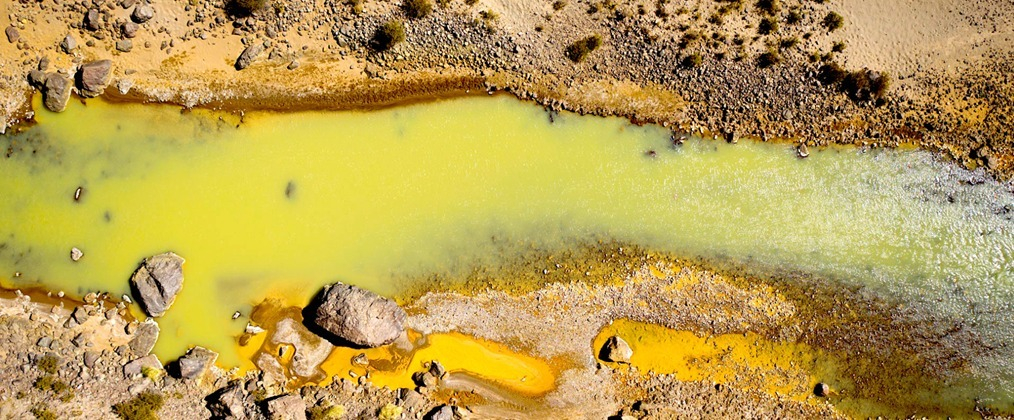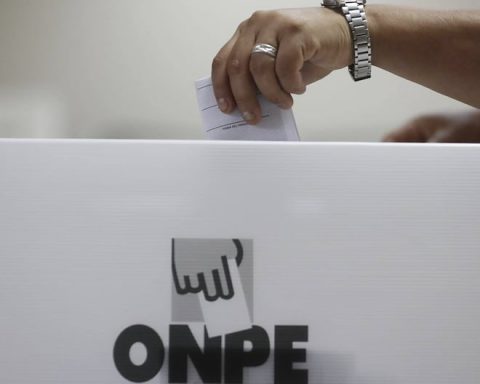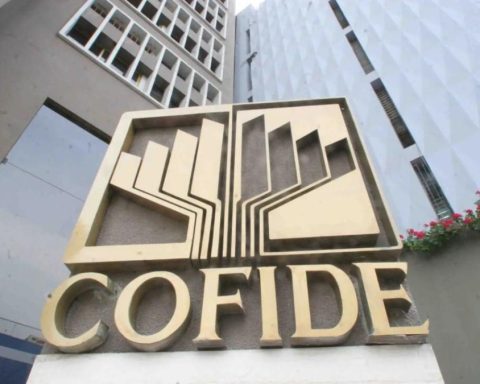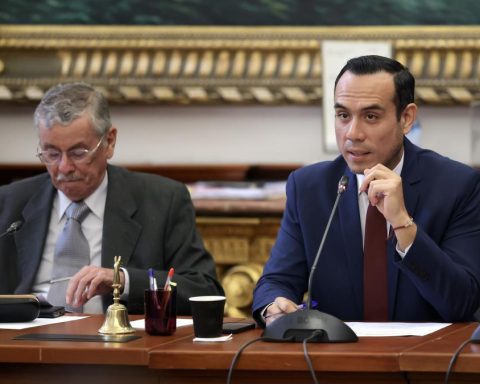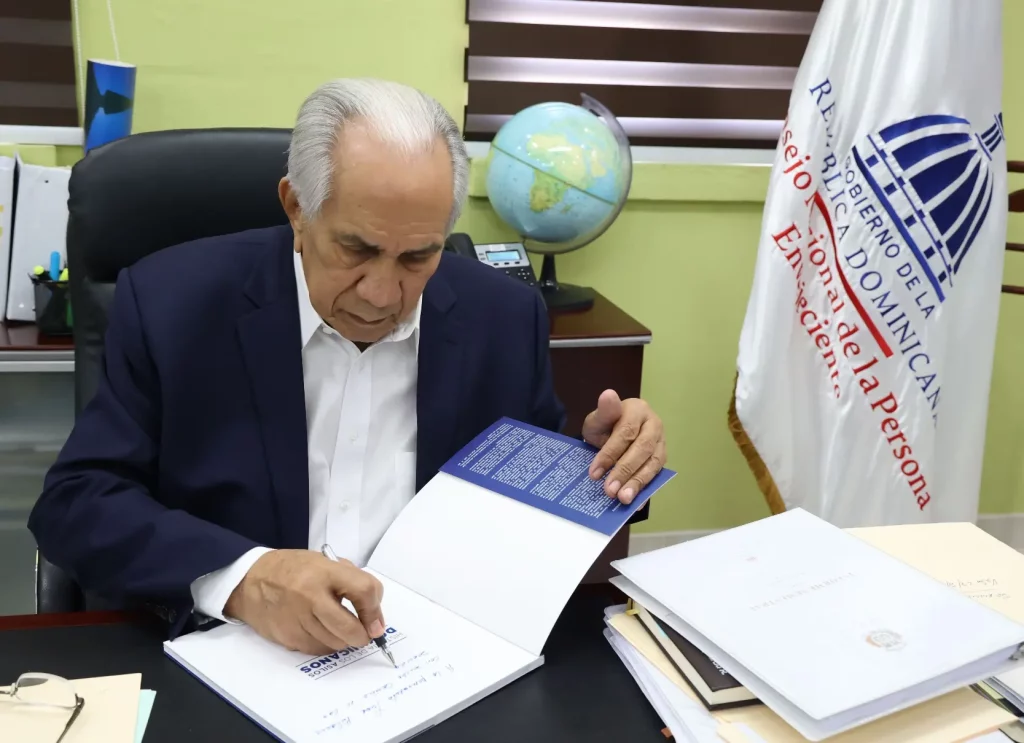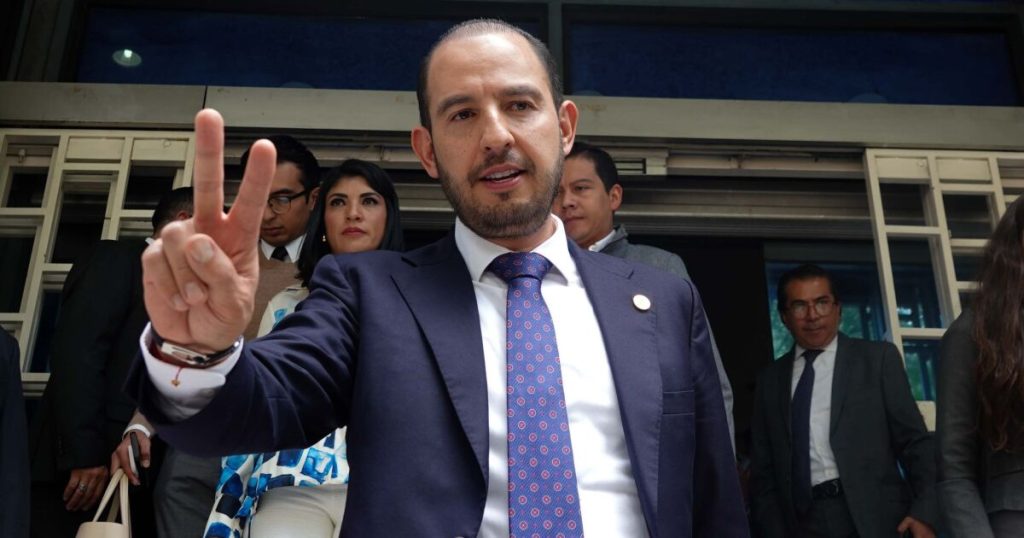The mining company Aruntani blames the State for the contamination of the Coralaque (Moquegua) and Tambo (Arequipa) rivers, for delaying the closure of the Florencia Tucari mining unit, where the aforementioned company carried out open-pit gold mining operations. But the story is different.
In 2009, the Ministry of Energy and Mines (Minem) approved the Florencia Tucari Mine Closure Plan, which required Aruntani to carry out progressive closures in parallel with the development of the operations themselves.
That is to say, those areas of the project that were being released would be closed environmentally, so that in the end no damage would be caused, such as river pollution, nor would the health of the population be affected.
Surprisingly, between 2010 and 2016, the Environmental Assessment and Oversight Agency (OEFA), the entity responsible for overseeing compliance with the Mine Closure Plan, did not carry out any supervision of Aruntani. For this reason, it was not possible to detect early signs of non-compliance with the progressive closures that the mining company was obliged to carry out.
It was not until 2017 that the OEFA began its audit of Florencia Tucari, and sent six reports to the General Directorate of Mining of the Minem in which it warned of the non-compliance with the progressive closures by Aruntani, the company that blames the State for the contamination of the Coralaque and Tambo rivers.
The OEFA reports highlighted in particular that Aruntani did not adopt preventive and control measures to prevent contact water with acidic characteristics, coming from the expansion of the waste dump, from running through the soil with the presence of vegetation and surface water, located in the bofedal on the right bank of the Apostoloni Creek.
As a result of this situation, the OEFA ordered, albeit somewhat late, to execute a total of 42 administrative measures against Aruntani.
INSUFFICIENT GUARANTEES
However, there was no adequate response from the General Directorate of Mining, which is the entity responsible for evaluating the economic and financial aspects of the mine closure plan. This includes, among others, the estimation and support of the budget that should have been required in the plan for establishing the guarantees. That is, the resources to complete the closure.
On the contrary, the General Directorate of Mining did not take any action to increase the guarantees contemplated in the Florencia Tucari Closure Plan case, in order to secure the amounts necessary to remedy the damages caused by Aruntani’s non-compliance, as noted in six reports issued by the OEFA.
Finally, in 2019, the General Directorate of Mining declared Aruntani’s non-compliance with the Closure Plan and ordered the execution of the guarantees that were in force before OEFA issued its reports. The guarantees amounted to US$8,734,676 (around S/30,000,000).
However, this amount does not even cover 10% of what it would cost to remedy the situation at Florencia Tucari. The closure would amount to S/1,000 million, according to Activos Mineros SAC (Amsac), the state-owned company for remediation of mining liabilities. The figure is based on estimates by the Cesel SAC consultancy.
In light of the recent incidents of pollution in the Coralaque and Tambo rivers, Aruntani attempted to attribute responsibility to Amsac. La República consulted with Amsac and offered a version different from that of Aruntani.
According to Amsac, through agreements signed with the Ministry of Energy and Mines, it was commissioned to carry out mitigation actions to partially and temporarily control the degree of contamination of Florencia Tucari (of the Aruntani company), limited to two components of the 71 existing in the mining unit. Among other actions, the arrangement of channels for the capture and diversion of acid waters was contemplated to prevent them from flowing into the Margaritani River.
Amsac was not commissioned to remediate all the components of Florencia Tucari, for which an approximate budget of S/1,000 million is required.
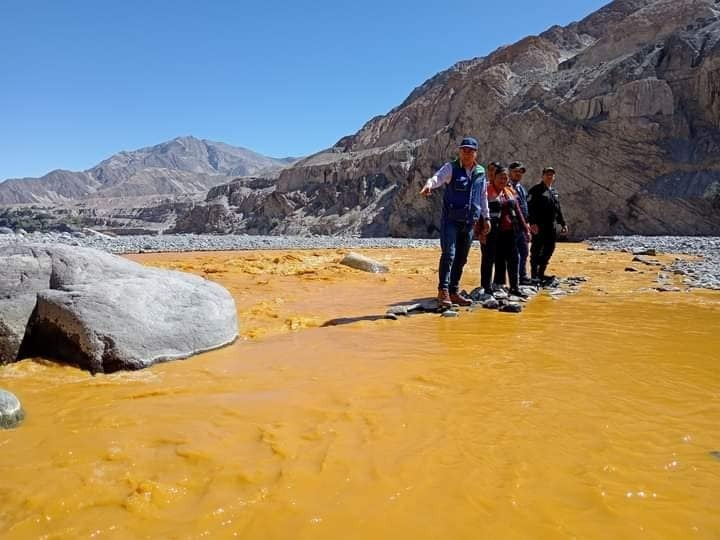
In fact, the Aruntani company itself claims to have spent around US$40 million on remediation work, which in practice is an admission that it has invested little compared to the S/1,000 million required, as indicated.
TAKING OUT THE BODY
When contacted by La República, the Aruntani mining company denied any responsibility for the contamination of the Coralaque and Tambo rivers. According to its spokespeople, the problem is due to the delay in the closure of the Florencia Tucari mining unit by the State, and they indicated that the money from the guarantee executed by the General Directorate of Mining is already available for this purpose.
However, as indicated, the S/30 million is only for two components of the Florencia Tucari mining unit.
The Aruntani company also claims that it requested to continue with the execution of the closure activities, but this was noted by the OEFA, confirming its position that the closure activities are no longer its responsibility but rather that of the General Directorate of Mining.
However, it is not as simple as it seems.
The General Environmental Law establishes that the cost of prevention, surveillance, restoration, rehabilitation, repair and eventual compensation actions related to the protection of the environment and its components must be assumed by those responsible for the impacts. In this case, by Aruntani.
Recently, on September 3, Judge Leonidas Rojas Equiapaza, of the Superior Court of Justice of Arequipa, ordered the Aruntani mining company to pay compensation of S/5 million for the contamination of the Moquegua and Arequipa rivers, resulting from operations at the Florencia Tucari unit.
During the hearings, former officials of Florencia Tucari, Abel Yurivilca Puchoc and Eduardo Delgado Díaz, admitted that the contamination of the rivers was caused by acid waste from the Aruntani mine.
During the course of the judicial process, the Public Prosecutor’s Office of the Ministry of the Environment (MINAM) requested that civil compensation be set at S/26 million, since to date the State has disbursed more than S/21 million in remediation work in just a few areas, as indicated.
To support the claim, the Minam Public Prosecutor’s Office attached the OEFA reports that prove the mining company failed to comply with the standards for the treatment of acidic water, which has affected the flora and fauna of the affected areas.
Judge Leonidas Rojas Equiapaza concluded that Aruntani was undoubtedly responsible for the contamination. But the magistrate did not accept the request from the Minam Attorney’s Office, which will be heard in another instance.
For its part, the OEFA, the entity in charge of supervising the Florencia Tucari mining unit, has ordered new administrative measures for Aruntani to prevent the discharge of untreated wastewater.
The most affected by pollution are the communities of Pachas, located in the district of Chojata (Sanchez Cerro, Moguegua), Titire and Aruntaya, in the district of San Cristobal (Mariscal Nieto, Moquegua). Also the population of the districts of Cocachacra, Dean Valdivia and Punta de Bombón (Islay, Arequipa). The crystal-clear rivers have turbid, yellowish and smelly waters.
